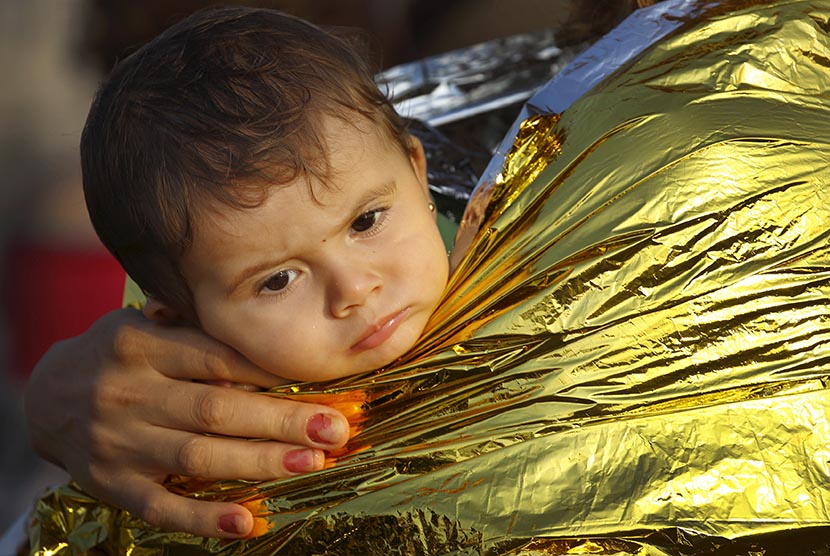REPUBLIKA.CO.ID, BERLIN -- Austria plans to deploy soldiersat the Brenner border with Italy to stem an expected increase in migrants trying to get to northern Europe, Defence Minister HansPeter Doskozil told news outlets on Saturday.
Austria, whose introduction of border restrictions in February has caused a sharp fall in the number of migrants to Germany, previously said it was preparing to introduce tighter controls if needed. But the minister's choice of words appeared to toughen the discourse.
"As the EU's external borders are not yet effectively protected, Austria will soon ramp up strict border controls.
That means massive border controls at the Brenner (Pass), and with soldiers," Doskozil told daily Die Welt.
Separately, he told the Austrian newspaper Oesterreich he was leaving open-ended the number of soldiers who might be deployed for border duty at the Alpine pass, saying it would be based on need.
"From the state of Tyrol alone, there are three companies with 100 men each ready to deploy," Doskozil told Oesterreich.
"If we need more forces for border protection, we'll get them."
Soldiers, already helping police handle migrants at borders, could help with border protection, migrant registrations, the humanitarian effort and deportations, he said.
Doskozil also reiterated his call for a civil-military EU mission to support the bloc's border agency Frontex where needed at external borders, possibly in Greece, Bulgaria or Italy.
With the main migrant route through the Balkans and Austria largely closed, the number of migrants entering Germany from Austria fell more than sevenfold in March to below 5,000, the interior ministry in Berlin said on Saturday.
In February, 38,570 migrants arrived, already down sharply from 64,700 in January. Austria is the main entry point for migrants crossing into Germany.
But Vienna believes new routes will develop through Bulgaria or Albania as Mediterranean crossings to Italy from Libya resume.
On Monday, a deal takes effect between the EU and Turkey that is aimed at stopping the flow of migrants to Europe in return for political and financial rewards for Ankara, sealing off the main route by which a million migrants crossed the Aegean into Greece last year.
"We expect strong use to be made of the central Mediterranean route in the coming weeks," said Doskozil, adding last week alone 5,000 refugees came that way.
"When the weather gets better, these numbers will increase strongly," he said.
German Chancellor Angela Merkel, under pressure to stem the influx of migrants to Germany after 1.1 million arrived last year, is critical of tighter border controls and is banking on the EU-Turkey deal being a success.
Under that agreement, Germany is to take in 1,600 migrants initially. About 40 people could arrive on Monday, said an interior ministry official.
Critics say the deal may make Europe soften its line towards Ankara on human rights, while aid agencies say safeguards needed to start returning refugees to Turkey from next week -- also part of the agreement -- are not yet in place.


